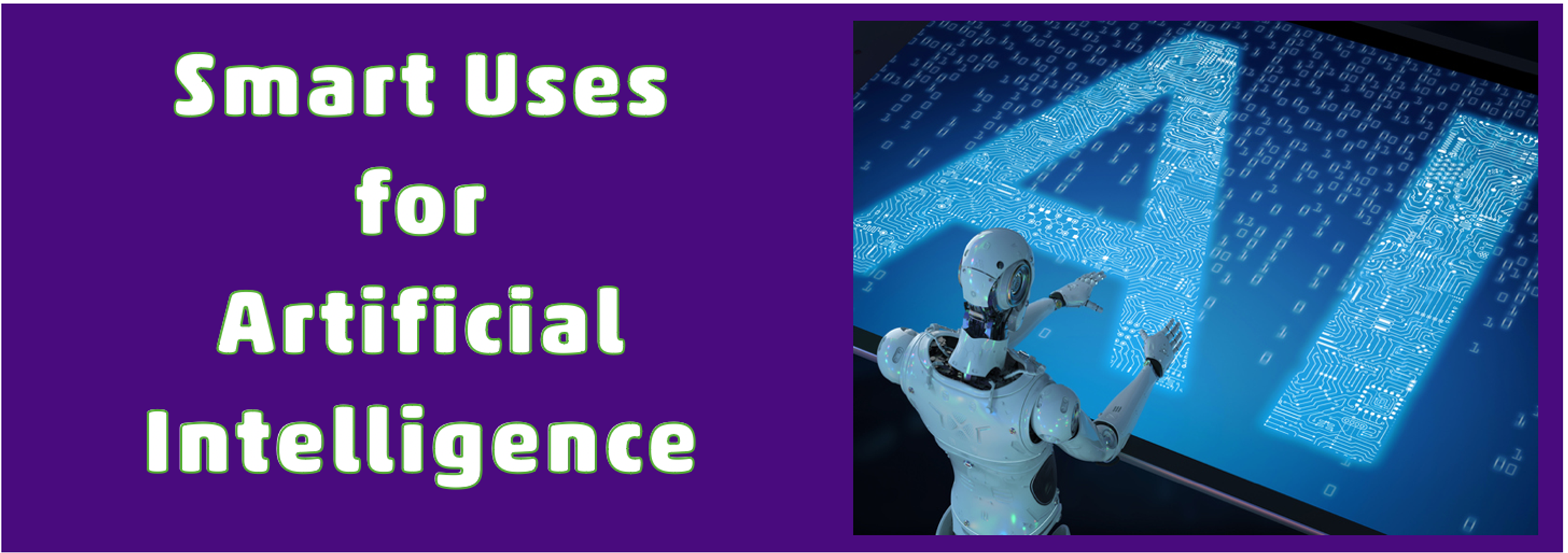The AI Technology Page:

by Rahul from Hulry
Being literate about AI is as critical as being computer literate was a generation ago. I'm convinced that it's one of the most important skills you need to develop, nurture and advance with, both personally and at the heart of organisations.
At its core, AI literacy involves three key components: understanding, evaluating, and using AI tools. Understanding AI means grasping the basic principles of how these systems function. It's about knowing enough to ask the right questions, like: What data is this system analysing? How does it come to its conclusions? Evaluating AI requires a critical eye—realizing that not all AI outputs are accurate or unbiased. And using AI involves engaging with these tools effectively, whether that’s through interpreting results or applying them to your work.
Schools and organisations need to step up significantly. They must integrate AI literacy into their curricula and training programs. This initiative isn’t just about equipping students with new skills; it’s about creating informed citizens capable of navigating an increasingly complex digital world. When every student understands AI, they're better prepared for whatever careers lie ahead. We will step ahead when AI is embedded into our companies' decision-making systems. If they're not, these companies will stagnate.
I hear questions about how we can use Chat-GPT to use X, or do Y - but it's not just about using AI to solve the problem, it's about being preemptive in its use.
Current educational frameworks often lag behind the rapid advancements in technology. This can't continue. We need to implement structured lessons on AI that offer hands-on experience and foster curiosity. By doing this, we create a more competent workforce and equip learners with the tools to thrive - moving from Chat-GPT to Strat-GPT. We be more strategic in using AI and the tools we employ as part of our company and personal workflows.
But let’s not make the mistake of thinking it’s only the job of educators. Leaders and policymakers must champion AI literacy as well. This is about creating an ecosystem where people at all levels of society can participate in the debate about how AI should be used. Trusting the technology is not enough; we must understand its implications, from ethical concerns to real-world applications.
As we advance toward a future increasingly shaped by machines, the dynamic between humans and AI will be pivotal. Rather than viewing AI as a threat to jobs, recognise it as a tool that enhances our capabilities. I hate hearing the people-reduction conversations about AI. That's short-sighted. We need to think about using AI to get to 100% of our potential. If we think of AI as a partner that can help us, we can leverage its strengths while contributing our uniquely human perspective—our creativity, our empathy, our judgment - our humanness.
It might sound daunting, but embracing this new age of technology starts with simple steps. Begin with basic courses - many available on YouTube, explore how AI tools operate within your field, and engage in conversations about your experiences. In this early stage of AI, it's about coming to a commonality of path, and agreeing on what we should and shouldn't be doing.
If we truly want to thrive in an AI-driven world, we must cultivate a mindset that sees learning as a continuous process. It’s up to each of us to inquire, to challenge, and to grow. After all, understanding isn't just about knowing; it’s about being able to apply that knowledge in meaningful ways. AI literacy is not an option anymore—it’s a necessity. Think of AI Literacy as a common skill that we will need to have, like reading and writing, or the ability to use technology with mindful efficiency.
